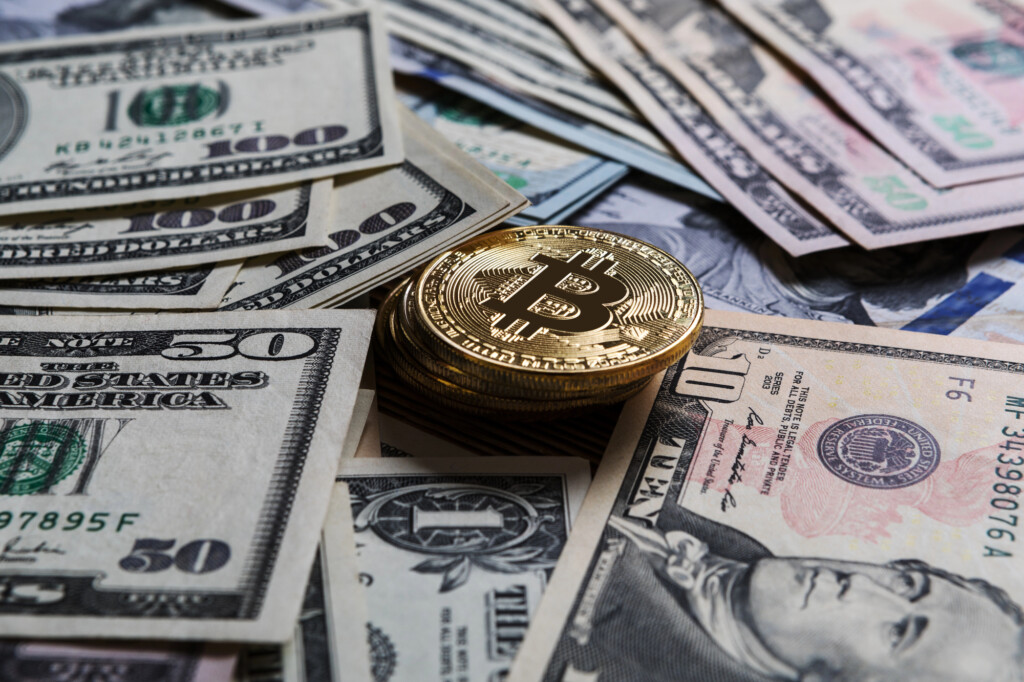In the serene hills overlooking a metropolitan skyline, Alex’s modernist home stands as a testament to architectural innovation. Floor-to-ceiling windows frame panoramic views, while a minimalist interior showcases carefully curated art pieces. Five years ago, this lifestyle seemed impossible for the former software developer. The difference? A well-timed entry into digital assets transformed Alex’s financial reality, beginning with a simple USD to XRP conversion that proved remarkably prescient.
This story is becoming increasingly common in luxury circles worldwide, where a new class of affluent individuals is emerging—one whose wealth originated not from traditional finance or inheritance but from strategic positions in digital currencies and blockchain technology. These emerging patterns of wealth accumulation and spending are reshaping numerous luxury markets in ways both subtle and profound.
The New Wealth Wave
The digital asset ecosystem has created a distinct demographic of wealthy individuals who approach luxury consumption differently than traditional high-net-worth consumers. These digital asset enthusiasts often embrace a blend of technological sophistication, privacy consciousness, and forward-thinking values that influence their spending habits.
Sociologists specializing in economic trends have observed a cultural shift in wealth expression. Digital asset wealth frequently flows to individuals outside established wealthy networks, bringing fresh perspectives on the meaning of luxury.
Many of these individuals achieved substantial financial independence relatively quickly, creating a psychological relationship with wealth that differs from those who accumulated it gradually or inherited it. This mindset influences everything from real estate choices to art acquisition strategies.
Redefining Real Estate
The impact on high-end real estate markets has been substantial. Property developers and agents report a surge in buyers whose wealth derives from digital currencies, and these purchasers often have distinct preferences.
Real estate experts note that these new buyers typically seek properties featuring technological integration, energy efficiency, and unique architectural elements. The market is experiencing heightened demand for homes with dedicated digital workspaces, sophisticated security systems, and environmentally sustainable features.
Notably, many of these buyers value privacy and security above other considerations, sometimes preferring remote locations with strong internet connectivity over traditional luxury neighborhoods. Smart home technology that can be controlled remotely is practically a requirement, reflecting the digital-first mindset of this demographic.
Some developers have begun including dedicated cryptocurrency mining rooms with specialized ventilation and cooling systems in luxury homes. In contrast, others highlight features like biometric security and advanced home automation as selling points for this tech-savvy clientele.
Art and Collectibles: Beyond the Physical
The intersection of digital wealth and art collection has significantly reshaped the art market. While traditional luxury consumers might focus on established artists and conventional mediums, digital asset enthusiasts often gravitate toward digital art, generative pieces, and artists who integrate technology into their work.
Art industry professionals point to a natural alignment between individuals who comprehend digital asset value and artists working in digital mediums. The art world is witnessing the rise of collectors who simultaneously appreciate both the aesthetic dimensions and technological innovations inherent in digital art forms.
This shift has elevated previously niche digital artists to prominence and created new pathways for artistic expression. Many galleries now maintain virtual exhibition spaces alongside physical ones, catering to collectors who are comfortable navigating digital environments.
Beyond art, luxury collectibles have expanded to include entirely digital assets that function as status symbols within certain communities. These digital possessions, while invisible in traditional settings, carry significant social capital in online environments where these individuals often operate.
Experiential Luxury and Travel
The travel preferences of digital asset wealth reveal another dimension of their luxury consumption patterns. Privacy-focused experiences, exclusive access, and technological integration characterize their travel choices.
Luxury travel industry insiders have developed specialized travel packages specifically for clients with digital asset backgrounds. These travelers typically pursue intellectually stimulating experiences featuring technological innovation and authentic cultural immersion, moving beyond merely visiting popular tourist destinations.
Private islands with high-speed internet access, zero-emissions transportation options, and accommodations that blend natural settings with technological convenience have become increasingly popular. Some luxury hotels now offer specialized concierge services for digital asset enthusiasts, including secure connectivity options and private networking events.
Sustainable Luxury: A Growing Priority
Perhaps surprisingly, to outside observers, sustainability frequently ranks high among the priorities of digital asset wealth. Having witnessed the transformative potential of technology, many believe in applying innovation to environmental challenges.
Environmental studies have identified a significant trend toward carbon-neutral homes, renewable energy investments, and sustainable luxury products among this demographic. Many digital asset investors consider themselves early adopters in both financial systems and environmental innovation spheres.
This has manifested in demand for luxury electric vehicles, solar-integrated architecture, and fashion brands committed to sustainable practices. The intersection of cutting-edge technology and environmental consciousness represents a distinct characteristic of how this new wealth expresses itself.
Looking Forward
As digital assets continue to mature as an asset class, the influence of this new wealth on luxury markets will likely grow more pronounced. Traditional luxury brands are increasingly developing products and services tailored to these consumers’ unique preferences and values. The luxury industry has always evolved with new sources of wealth, but what makes this shift particularly interesting is how it combines forward-thinking technology with timeless desires for beauty, quality, and exceptional experiences.
The emergence of digital asset wealth represents more than just new money entering luxury markets—it signals an evolution in what luxury means and how it manifests in real life. As these individuals reshape luxury living according to their values and preferences, they’re creating new paradigms that may influence the future direction of luxury consumption more broadly. In this evolving landscape, one thing remains certain: the bridge between digital wealth and real-life luxury continues to strengthen, creating new possibilities for how prosperity expresses itself in the material world.
Photo Credit: DepositPhotos.com




